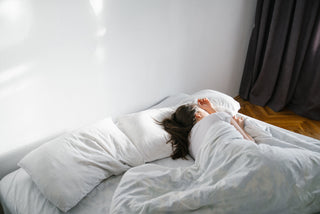Sleep problems have reached epidemic proportions across Europe, with only 22% of adults enjoying uninterrupted nights and over one third (35%) regularly struggling with poor sleep quality—a dramatic rise from just 15% a few years ago. In some countries, the rates are even higher; for example, in France and Portugal over 21% of people report restless sleeping almost every night.
Why Sleep Quality Is Declining
Recent studies show this surge is linked to rising stress, anxiety, and day-to-day worries, which now affect millions more Europeans than before the pandemic. Women are particularly affected, often reporting sleep problems at rates far higher than men. A lack of good sleep is closely tied not just to fatigue, but also to feelings of burnout, lower productivity, and increased risk for chronic health issues.
The Urgent Need for Effective Solutions
Every year, sleep deprivation costs Europe billions in lost productivity and healthcare expenses. With sleep quality declining so sharply, waiting to address poor sleep risks years of cumulative negative impact on health and wellbeing. Natural sleep supplements—combining proven ingredients like magnesium, reishi mushroom, L-theanine, and chamomile—offer a practical, science-backed way to break this cycle before it worsens.
Don’t wait until low-quality sleep disrupts your life. Join the growing movement to restore healthy sleep and protect your energy, mood, and long-term wellness—before sleepless nights become the new normal.
